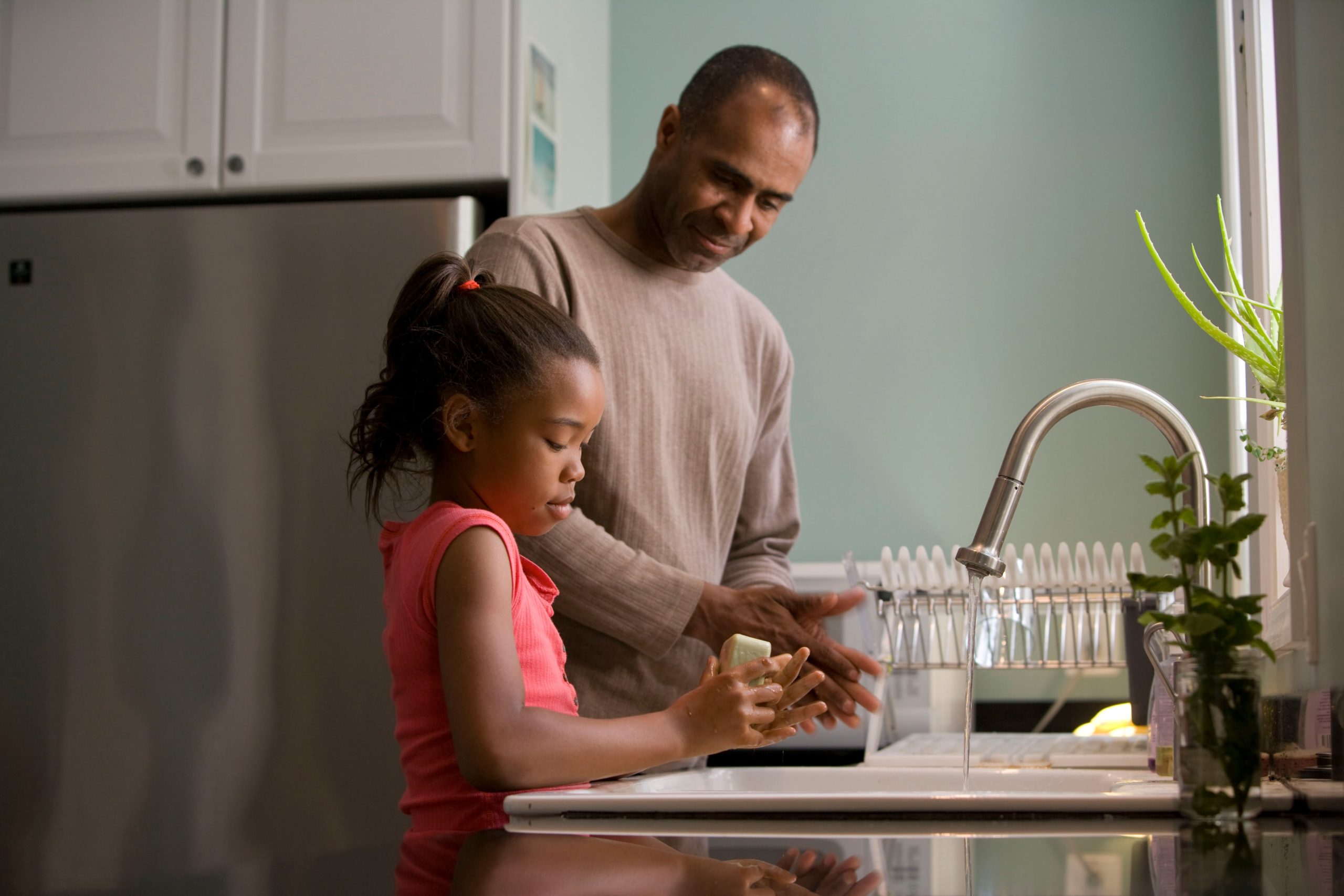As COVID-19 continues to impact our daily lives, families are charting a new course this summer while we all work together to keep our communities safe. From the loss of end-of-the-school-year parties to limited playdates and cancelled summer camps, these unexpected changes in plans, normalcy, and routine mean that kids (and parents) are challenged more than ever before to manage stress and anxiety during a time that is usually expected to be relaxing and fun. Kids will have a variety of different reactions to this: they may avoid new activities and discussion of the virus; express increased anger and frustration; and/or exhibit regressive behaviors, such as sleep disturbances. While all of these big feelings around the impact the virus is having on kids’ lives are understandable, parents can use several strategies to help kids cope with these changes:
- To mitigate feelings of anxiety and/or hopelessness around coronavirus, shift the child’s focus to what they are doing to stay safe and help others. Remind kids that washing their hands continues to help everyone; involve them in choosing masks for the family; or come up with creative ideas for acts of kindness, such as writing letters to neighbors or family members living alone. This can create a sense of empowerment and resilience.
- Many children are grieving missed social events, including birthday parties, end-of-the-year parties, and summer camps. Acknowledge these losses, and work with your child to find alternatives; for example, arranging a drive-by birthday party, or seeking out online “summer camp” classes that align with your child’s interests.
- Set up ways to keep kids connected to their friends and loved ones. Depending on their age, they may benefit from Zoom calls with friends, and younger kids may be able to have virtual playdates or create drawings and letters that they can mail to people that they miss. They may also enjoy the idea of being “pen pals” via email or snail mail with friends or loved ones that they are not yet able to see in person.
- Be proactive about what is in your child’s control! Involve them in coming up with and choosing new family activities and plans for the summer, including family games, physical activities like dance parties or tag, safe ideas for socially distant activities, favorite or new foods to cook, or choosing new restaurants to order food from.
- Although many parents now work from home, kids have experienced so much loss around their usual routines, friends, and teachers that they may nevertheless be craving increased comfort and quality time from parents. Parents can try to schedule 10-15 minute breaks during the day where they focus entirely on their child, which may reduce difficulty separating at nighttime as well as other behavioral challenges during the day that may have cropped up due to COVID-19 stress.
- Lastly, keeping a sense of routine is very challenging right now, but is more important than ever for kids this summer. As much as possible, make sure kids still have some structure, especially waking, eating, and going to bed around the same time each day. The consistency will be reassuring during this uncertain time. Some families may benefit from printing out a schedule to review each morning, similar to a day camp schedule, alternating periods of structured activity and play.
This unprecedented time, while immensely difficult in so many ways, can also provide an opportunity for parents to help kids strengthen skills in resilience, cognitive flexibility, and problem-solving as families work together to navigate these challenges.
Kati Ann Leonberger, Psy.D.
Licensed Clinical Psychologist

